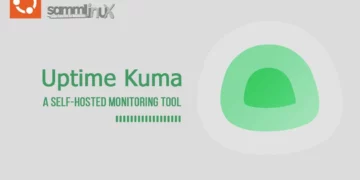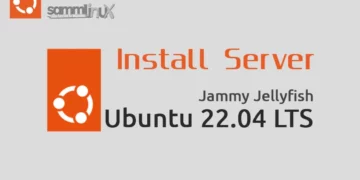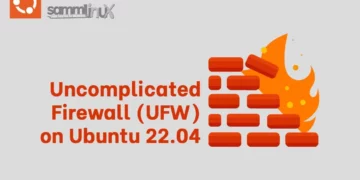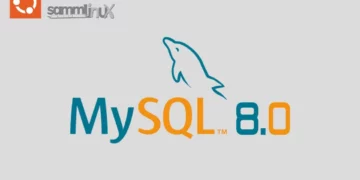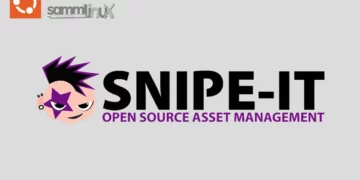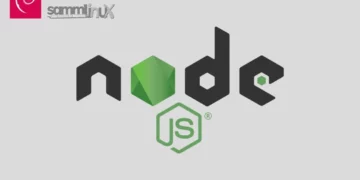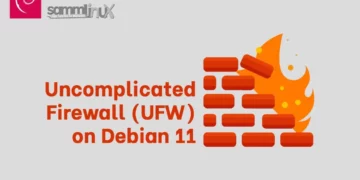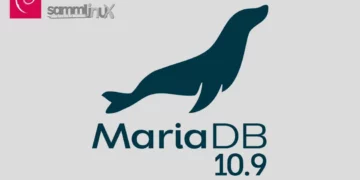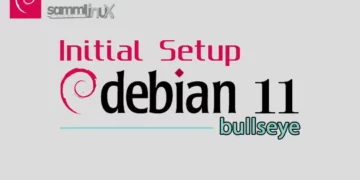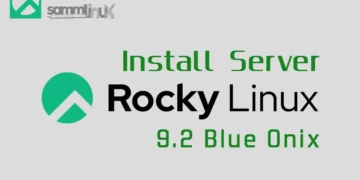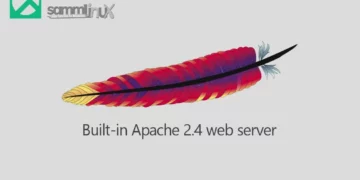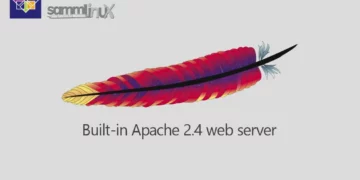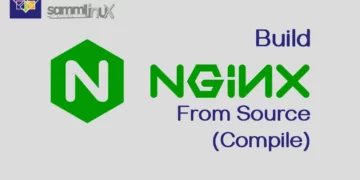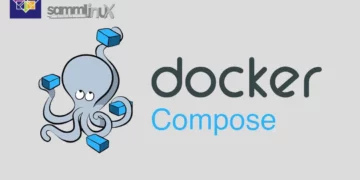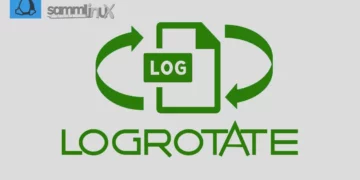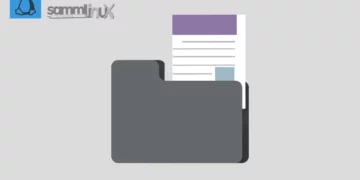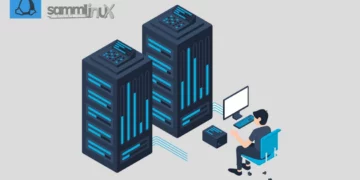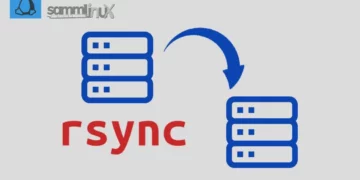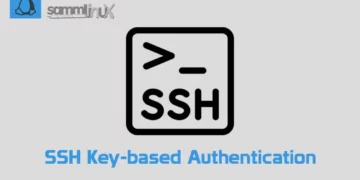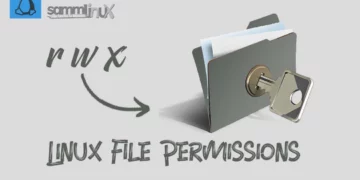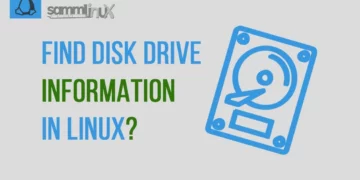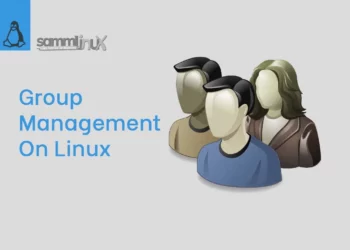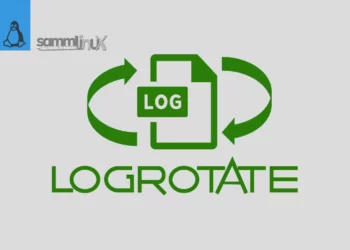Introduction Composer
Composer is a powerful dependency management tool used widely in PHP development. It simplifies the process of installing and managing packages or libraries required by your PHP projects. If you’re working on Ubuntu 22.04, also known as Jammy Jellyfish, and want to harness the capabilities of Composer, you’re in the right place. In this guide, we’ll walk you through steps How To install Composer on Ubuntu 22.04: A Comprehensive Guide.
Table of Contents
Key Features of Composer
Here are some key features and concepts related to PHP Composer:
- Manajemen Ketergantungan : Komposer membantu mengelola ketergantungan yang dibutuhkan oleh proyek PHP Anda.
- Package Repositories: Composer relies on online repositories (like Packagist) to host packages. These repositories contain information about available packages, including their versions, dependencies, and installation instructions.
- composer.json: This is a configuration file in JSON format that defines your project’s dependencies and settings. It includes details about required packages, versions, autoloading rules, and more.
- Autoloading: Composer provides an autoloading mechanism that eliminates the need to include class files manually. It generates an autoloader for your project based on the information in the
composer.jsonfile. This simplifies class loading and improves code organization. - Version Constraints: In the
composer.jsonfile, you can specify version constraints for your project’s dependencies. This allows you to define which versions of packages your project is compatible with, ensuring consistent behavior. - Installing Packages: When you define your project’s dependencies in the
composer.jsonfile, running thecomposer installcommand fetches and installs the required packages. It also generates anautoload.phpfile that sets up autoloading for your project. - Updating Packages: The
composer updatecommand updates packages according to the version constraints defined in thecomposer.jsonfile. It can also update thecomposer.lockfile, which locks package versions to ensure consistency across different environments. - Global Installation: Composer can be installed globally on your system, allowing you to use it across multiple projects.
Prerequisites
Before we dive into the installation process, there is prerequisite you need to ensure are in place:
- Ubuntu Server: Make sure you have a clean installation of Ubuntu Server (Initial Setup Ubuntu Server 22.04) ready to go. You can deploy this on a physical machine or a virtual environment like VMware or VirtualBox.
- PHP Installation: Composer relies on PHP to function. If you haven’t already, install PHP on your system using the following terminal command:
Installing Composer in Ubuntu 22.04
Step 1: Update Package Repository
Before installing any new software, it’s essential to ensure that your package repository information is up to date. Open your terminal and execute the following command:
$ sudo apt update
Step 2: Install Required Dependencies
Composer requires some dependencies to work smoothly. Run the following command to install them:
$ sudo apt install curl php-cli php-zip unzip
This command installs cURL for downloading files, PHP command-line interface (CLI), and the required extensions.
Step 3: Download and Install Composer
To download and install Composer, you can use cURL. Execute the following commands in your terminal:
$ curl -sS https://getcomposer.org/installer -o composer-setup.php
Next, run the following command to verify the installer’s signature:
HASH="$(curl -sS https://composer.github.io/installer.sig)"
Now, compare the computed hash with the downloaded installer’s hash:
$ echo "$HASH composer-setup.php" | sha384sum -c -
If the verification is successful, you can proceed to install Composer globally:
sudo php composer-setup.php --install-dir=/usr/local/bin --filename=composer
Step 4: Verify the Installation
After the installation is complete, verify that Composer is installed correctly by running:
$ composer
This command should display the Composer version and a list of available commands, indicating a successful installation.
______
/ ____/___ ____ ___ ____ ____ ________ _____
/ / / __ \/ __ `__ \/ __ \/ __ \/ ___/ _ \/ ___/
/ /___/ /_/ / / / / / / /_/ / /_/ (__ ) __/ /
\____/\____/_/ /_/ /_/ .___/\____/____/\___/_/
/_/
Composer version 2.5.7 2023-05-24 15:00:39
Usage:
command [options] [arguments]
Options:
-h, --help Display help for the given command. When no command is given display help for the list command
-q, --quiet Do not output any message
-V, --version Display this application version
--ansi|--no-ansi Force (or disable --no-ansi) ANSI output
-n, --no-interaction Do not ask any interactive question
--profile Display timing and memory usage information
--no-plugins Whether to disable plugins.
--no-scripts Skips the execution of all scripts defined in composer.json file.
-d, --working-dir=WORKING-DIR If specified, use the given directory as working directory.
--no-cache Prevent use of the cache
-v|vv|vvv, --verbose Increase the verbosity of messages: 1 for normal output, 2 for more verbose output and 3 for debug
Available commands:
about Shows a short information about Composer
archive Creates an archive of this composer package
audit Checks for security vulnerability advisories for installed packages
browse [home] Opens the package's repository URL or homepage in your browser
bump Increases the lower limit of your composer.json requirements to the currently installed versions
check-platform-reqs Check that platform requirements are satisfied
clear-cache [clearcache|cc] Clears composer's internal package cache
completion Dump the shell completion script
config Sets config options
create-project Creates new project from a package into given directory
depends [why] Shows which packages cause the given package to be installed
diagnose Diagnoses the system to identify common errors
dump-autoload [dumpautoload] Dumps the autoloader
exec Executes a vendored binary/script
fund Discover how to help fund the maintenance of your dependencies
global Allows running commands in the global composer dir ($COMPOSER_HOME)
help Display help for a command
init Creates a basic composer.json file in current directory
install [i] Installs the project dependencies from the composer.lock file if present, or falls back on the composer.json
licenses Shows information about licenses of dependencies
list List commands
outdated Shows a list of installed packages that have updates available, including their latest version
prohibits [why-not] Shows which packages prevent the given package from being installed
reinstall Uninstalls and reinstalls the given package names
remove Removes a package from the require or require-dev
require [r] Adds required packages to your composer.json and installs them
run-script [run] Runs the scripts defined in composer.json
search Searches for packages
self-update [selfupdate] Updates composer.phar to the latest version
show [info] Shows information about packages
status Shows a list of locally modified packages
suggests Shows package suggestions
update [u|upgrade] Updates your dependencies to the latest version according to composer.json, and updates the composer.lock file
validate Validates a composer.json and composer.lock
Step 5: Updating Composer
Composer regularly receives updates with bug fixes and new features. To update your Composer installation, you can use the following command:
$ sudo composer self-update
This will ensure that you’re using the latest version of Composer.
Conclusion
Congratulations! You’ve successfully installed Composer on your Ubuntu 22.04 system. In conclusion, Composer stands as an indispensable tool in the arsenal of any PHP developer. This guide has walked you through the installation process on Ubuntu 22.04, equipping you with the capability to harness Composer’s potential for seamless dependency management. As you embark on your PHP development journey, Composer will undoubtedly prove to be a trusted companion, enhancing your coding efficiency and project maintainability.
Also Read Our Other Guides :
- How To Install and Configure Go (Golang) on Ubuntu 22.04
- How To Install and Configure NFS Server Client on Ubuntu 22.04
- How To Install a MinIO Object Storage Server on Rocky Linux
- How To Install Snipe-IT Asset Management on Ubuntu 22.04
- How To Install and Config Git on Ubuntu 22.04
Finally, now you have learned how to install and configure Composer on Ubuntu 22.04.




